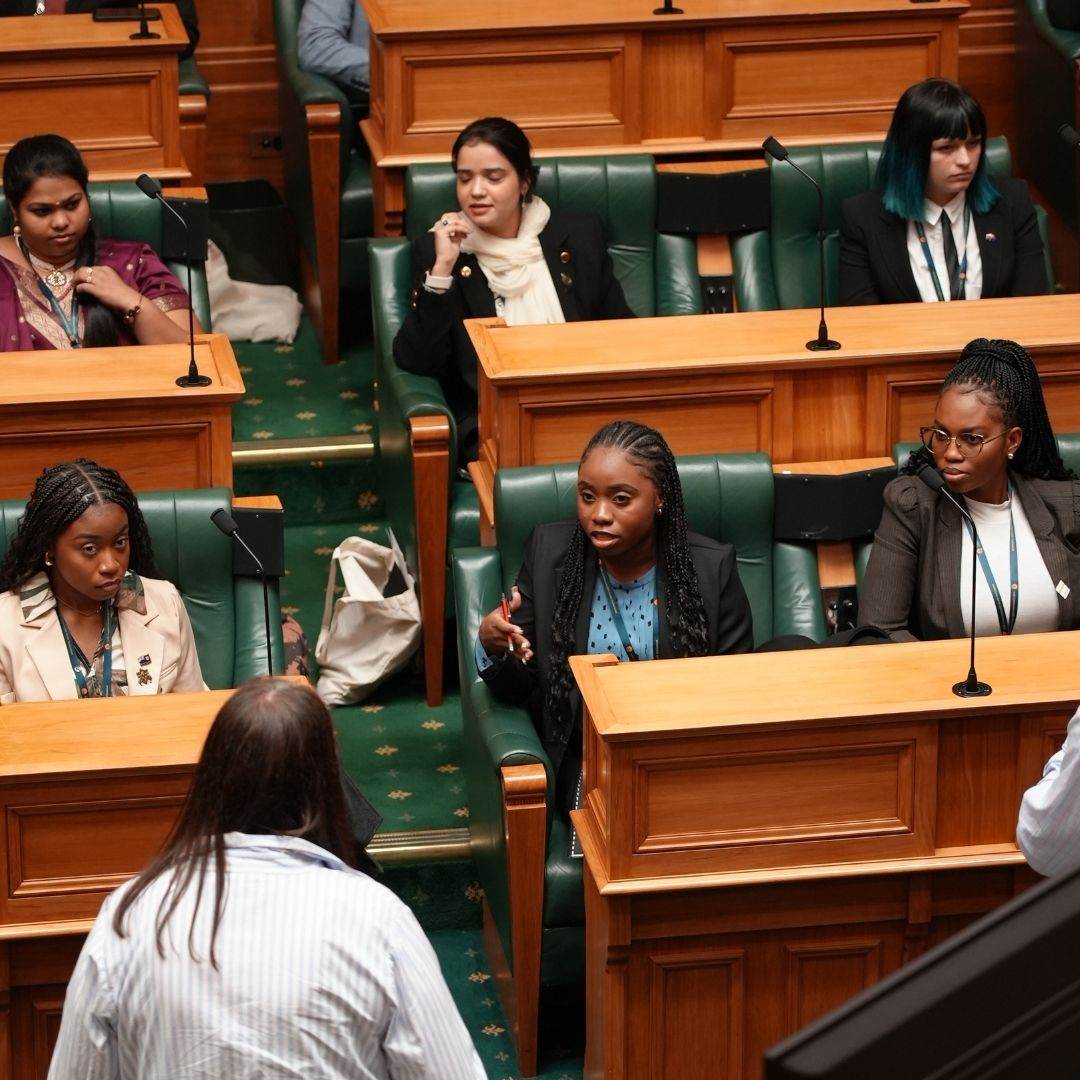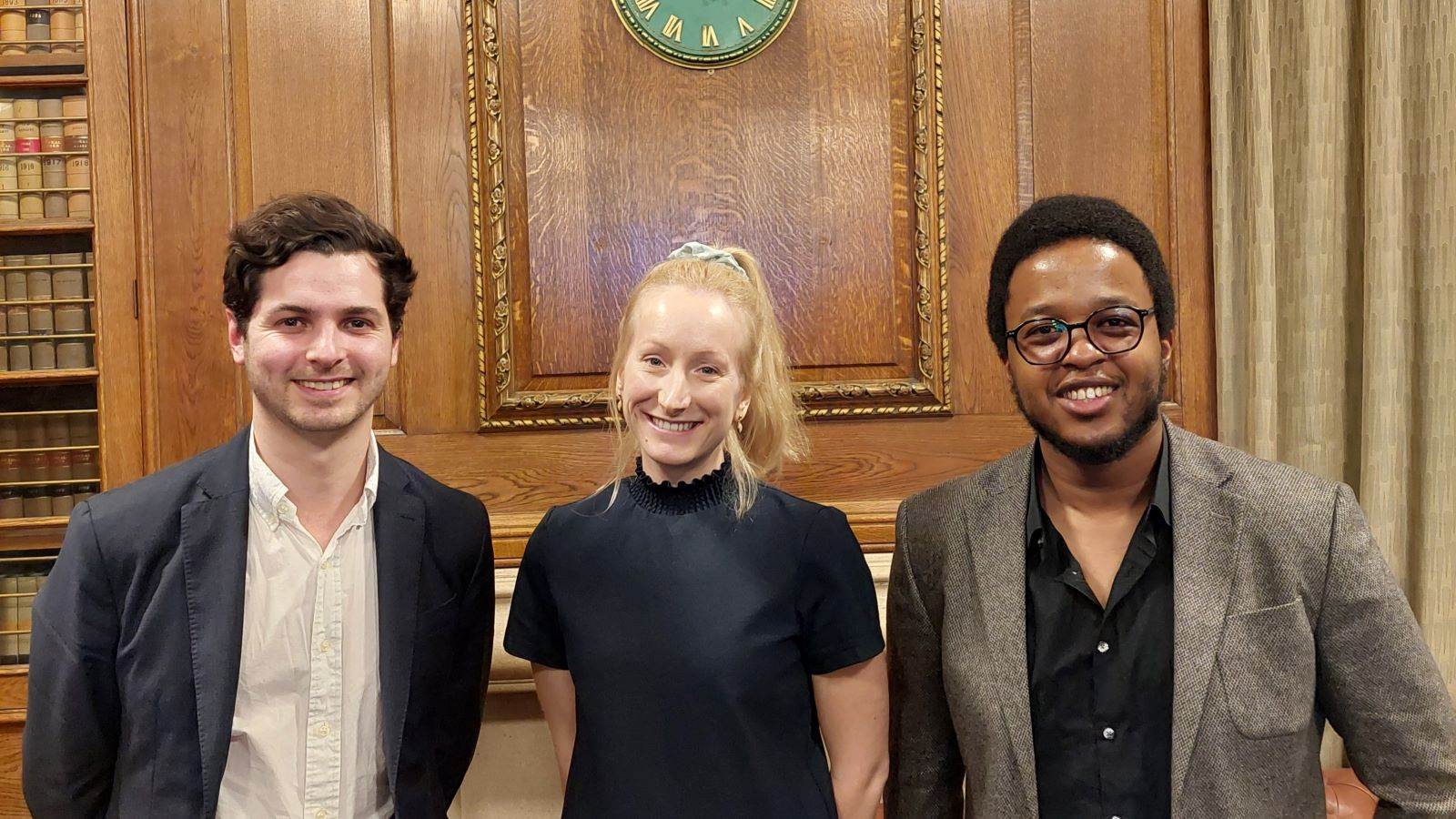This is an excerpt from Beatrix's short story. Read the full story ->
Dianne blinked the fog from her vision to resume squinting at the holo-screen before her. The words seemed jumbled, a sordid smoothie of the mediocre writing with end-of-the-week tiredness poured into her barely lucid mind. It was weird. These pages that had felt so good as they were typed last night now seemed like the clunky scrawl of a three-year old’s kindergarten story assignment. She chugged the last of her lukewarm coffee, almost slamming the mug down.
“You look...terrible.”
Dianne looked up to see Alex leaning against her door frame. She let out a dry laugh.
“You look terrible,” she shot back. Alex raised an eyebrow and plopped down on the couch, propping her feet up on the chair across from Dianne’s desk.
“Here all night?”
“Obviously.”
“Come up with anything?”
“Nothing worth discussing.”
“If you say so,” Alex said. “She wants you in there by the way.” Dianne froze, eyes wide.
“Well, you might have led with that!”
She grabbed her files and pulled down the hologram, shoving them all haphazardly into her pocket. Alex stood, laughing.
“You really need to calm down about her; She likes you.”
“Yeah, that will definitely help when I show up late during my second week.”
Alex almost pointed out that it was everyone’s second week but bit her tongue. Her eyes followed Dianne through the maze of offices, looking every bit as frightened and nervous as a kindergartener on the first day of school. She let out a small sigh, checking the time on the small projector around her wrist. She swiped left, scrolling through the timetable for the rest of the day. Everyone seemed to be in such a rush-either unpacking or wading through the mounds of prep work before the Opening Address to the Nation-a sort of “what-the-hecks-going-on” evaluation to kick off to the Prime Minister’s six year term. Alex knew
as well as any that if they didn’t make a good first impression there’s no way they survive the third year Midterm Recast-the re-election to either keep on going or start all over with a new PM. This was why it was weird-Alex, the deputy communications director to the newly elected Prime Minister Nadia, had nothing to do with only four weeks to prep the most important speech of this year.
That’s what landed her in a meeting with the Committee of Florists for the Furthering of Lunar Mining.




